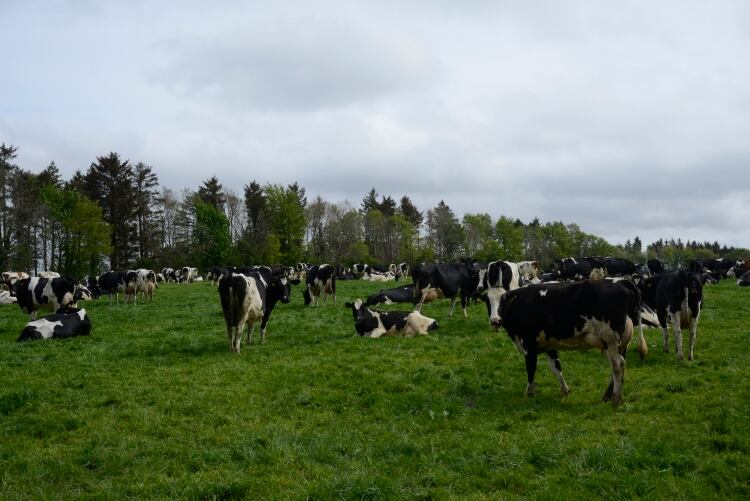Dairy UK is a member of the EDA, and together they have developed a EU-UK dairy framework, based on the common belief that it would be detrimental to both the UK and EU27 dairy sectors if the UK leaves the EU Single Market and Customs Union without a trade agreement or an alternative solution to keep the milk moving.
The only acceptable arrangement would secure the free movement of milk and dairy products between the EU and UK with no tariffs or quotas from either side for milk and dairy products and limit non-tariff barriers to trade (SPS/TBT) as much as possible, the EDA says.
It argues that the negative effects of a failed transition period will go beyond corporate and economic interests and will directly harm consumers and society, adding that disruption to the supply chains as a result of a poorly-managed future arrangement will force prices up, limit choice and have a negative impact on citizens diets.
The EDA says it is calling on the EU and the UK to deliver zero tariffs and zero quotas in the trade between the EU27 and UK on dairy and dairy-related products.
It also wants the “greatest possible alignment in standards to minimize trade frictions and mechanisms to ensure that any divergence in standards cause minimal disruption to trade.”
Other demands are a smooth movement of dairy products with no technical barriers to trade, recognizing existing alignment in food law, allowing for technical divergence once underlying principles are maintained, and robust rules of origin to protect the EU27 and UK market from third country imports.
The group also expects all existing dairy GI protection to be maintained, as well as full implementation of the protocol established in the withdrawal agreement for the Republic of Ireland in order to facilitate continued movement of dairy across the land border from both a customs and regulatory perspective.

